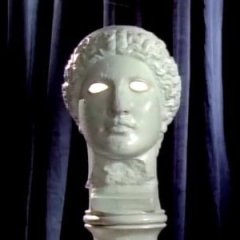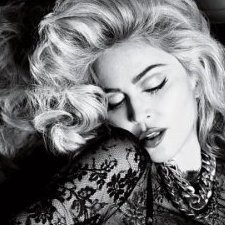Give some Madonna facts that some fans don't know
-
Recent Activity
-
When was the last time Madonna was really relevant to the general public? 1 2
By Mp1992, in News ✖ Discussion
- 40 replies
- 4,833 views
-
- 2,648 replies
- 85,203 views
-
- 13,117 replies
- 563,541 views
-
- 14,139 replies
- 937,519 views
-
- 179 replies
- 12,531 views
-
MADONNA AND WARNER MUSIC GROUP ANNOUNCE MILESTONE, CAREER-SPANNING PARTNERSHIP!! 1 2 3 4 294
By Shoful, in News ✖ Discussion
- 7,336 replies
- 598,160 views
-
- 959 replies
- 65,674 views
-
Like a Prayer featured in new “Deadpool & Wolverine” trailer 1 2 3 4
By deathproof, in News ✖ Discussion
- 93 replies
- 3,737 views
-
-
Recently Browsing 0 members
No registered users viewing this page.








Recommended Posts
Join the conversation
You can post now and register later. If you have an account, sign in now to post with your account.